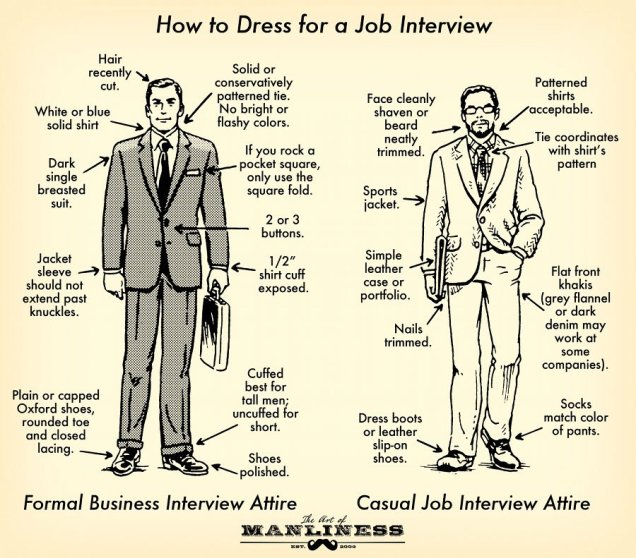
There is no denying it: If you peruse employment or HR related topics on LinkedIn or Forbes, folks are discussing online applications – both grimly and with disdain. If further proof is what tickles your fancy, then look no further than the job seeker cursing at their laptop. Online applications are the way of the future … and NOBODY likes them! This has been the case since Dawson’s Creek premiered (hold your sheepishly sarcastic applause – there’s more!)
The downside today is that standard online applications are increasingly becoming the key reason why companies miss talent and job seekers miss nights of peaceful rest. Luckily, we have solutions. We always do.
Here are three reasons (with accompanying and multiple solutions) that explain the annoying truths of the online application process:
1. The length of a standard online application is often a contentious discussion in our industry.
Is the dawdling pace required to complete an application meant to deter applicants without patience, without basic computer skills, or without the determination to keep cutting and pasting points from their résumé into drop-down bars? BusinessNewsDaily goes so far as to differentiate the time candidates are willing to spend as both generational and dependent on experience. Those with more experience and demonstrated results are less patient than those who are fresh out of school. If time is money, then those used to making that money and the decisions behind it would prefer to get down to business than cut and paste.
However, if you’re serious about your job search you should have a schedule in place where ALL of your job search activities have designated allotments of time. If you plan ahead then you’re psychologically ready to commit an afternoon or a few hours to this process. In other words, don’t go in planning to complete your online application in 20 minutes.
2. There is no “non-valuable” position, ever.
Of course, this is not to diminish any type of work; however, while completing online applications for entry-level positions today, one might question why these applications require the same psychological testing as an Airline Pilot or Secret Service Agent. Truthfully, the personality testing speaks to the demands of every position in the 21st Century. If you’re upset that an employer has standards, you’d be wise to look at your own. As mentioned in point 1, be prepared to spend some time completing the psychological assessment.
Note that some online assessments will try to trick you by unexpectedly changing a question posed in the affirmative to a question posed in the negative (this tests your attention to detail). Be sure to read each question over at least twice to ensure you’re not answering on ‘autopilot.’
Example:
- What are your strengths?
- What are your weaknesses?
- Describe three attributes that your ideal employer would not possess.
3. The technology still isn’t where it should be.
It would be one thing to simply upload your résumé and answer a number of standard questions. It’s another thing to prepare your résumé like a proper job seeker should —that is, customizing it to fit the posting, the position, and the culture of the company to a tee — only to see fragments of what you’ve written disassembled in some sort of format that only a whirling dervish could make sense of.
The other sad state of application technology is when truthful answers cannot be entered because the website won’t allow them. A number of firms have been accused of institutionalized racism when addresses were asked to be entered, but those without a Canadian postal code could not be accepted. And most likely before talk of prejudice began, the job seeker was already lamenting the unlikely need for this information as references aren’t usually asked for at this point. Again, it takes time and if you haven’t allotted it during your job search schedule, you should start doing so.
The best ways possible to circumvent or at least complement your online application is to consider a number of best practices related to accessing the hidden job market. (FYI: This should already be part of your job search schedule).
Key Strategies:
- Connect with an employer regardless if they are hiring or not. This requires a bold leap, but is easier done when you have crafted in advance a “pitch” to explain how you’d assist and add to the goals of their business.
- Network beyond HR professionals. Attend Board of Trade and Chamber of Commerce functions and trade shows/conventions where you can meet with staff of all designations. Tip: Be prepared to offer something so that you don’t present yourself as someone just looking for a job — bring ideas and answers!
- Media research with Google news alerts combined with social media contact is good, but be sure to have insight and ideas to offer, from simple advice to interesting articles. You look best when you present yourself as a trusted resource.
This article provides additional tips. Remember to stay positive — the online application process will improve, and the demand for this change will make it so!
Jason Douglas Smith is a Training Application Coordinator with The Career Foundation, and has successfully directed clients in not only developing personalized job search strategy plans, but in circumnavigating the rigorous demands of applications for Provincially funded retraining. When not working, this self-professed Futurist can often be found reading, writing, and barbecuing in his native Burlington.














